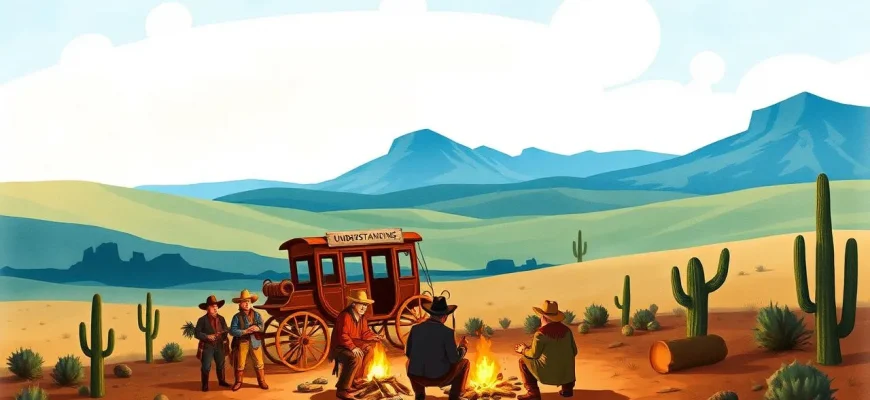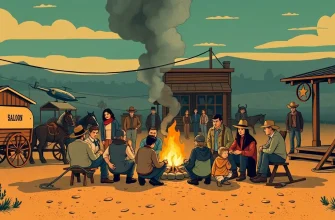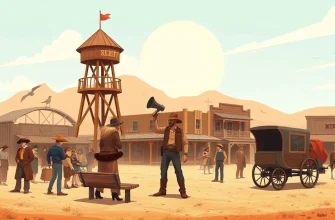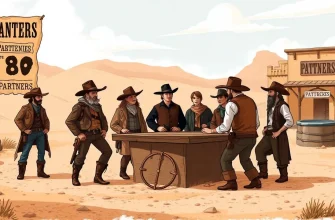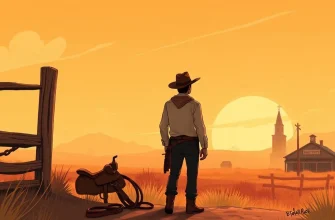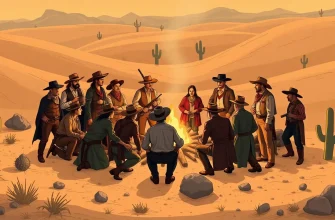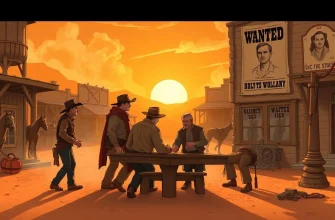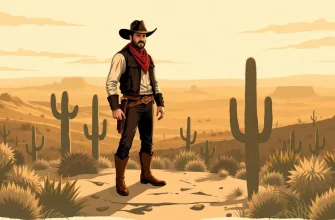The Wild West, with its rugged landscapes and lawless frontiers, often serves as a backdrop for tales of conflict and resolution. This curated list of Western films focuses on the theme of mutual understanding, showcasing how characters from different walks of life come to respect and understand one another despite their initial differences. These films not only entertain but also offer valuable lessons on empathy, tolerance, and the human spirit, making them timeless pieces of cinema.
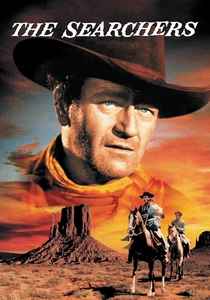
The Searchers (1956)
Description: This John Ford classic explores themes of racial prejudice and understanding through the journey of Ethan Edwards, who seeks to rescue his niece from Comanche kidnappers, ultimately learning to see beyond his hatred.
Fact: The film was shot in Monument Valley, which became synonymous with the Western genre. It also influenced many later films, including 'Star Wars'.
 Watch Now
Watch Now
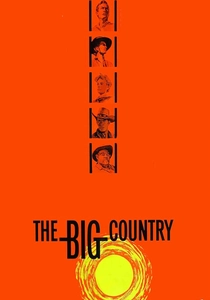
The Big Country (1958)
Description: A tale of land disputes and family feuds, where understanding and respect are eventually found amidst the vast landscapes of the West.
Fact: Gregory Peck's character, Jim McKay, is one of the few in Westerns who chooses peace over violence, highlighting a different kind of heroism.
 Watch Now
Watch Now

The Man Who Shot Liberty Valance (1962)
Description: This film delves into the myth versus reality of the West, with characters learning to respect each other's contributions to civilization, regardless of their backgrounds.
Fact: The film features a famous line, "When the legend becomes fact, print the legend," which has become emblematic of the Western genre.
 Watch Now
Watch Now
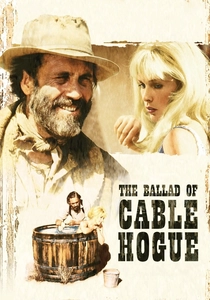
The Ballad of Cable Hogue (1970)
Description: This lesser-known Sam Peckinpah film explores themes of redemption and understanding through the story of a man who finds water in the desert and builds a life around it.
Fact: The film was shot in the Nevada desert, and its unique blend of comedy and drama was ahead of its time.
 Watch Now
Watch Now
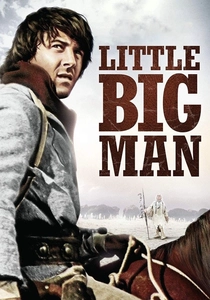
Little Big Man (1970)
Description: This film tells the story of Jack Crabb, a white man raised by the Cheyenne, who navigates between two cultures, highlighting the misunderstandings and eventual respect between them.
Fact: Dustin Hoffman's performance was critically acclaimed, and the film was one of the first to portray Native Americans in a more sympathetic light.
 Watch Now
Watch Now
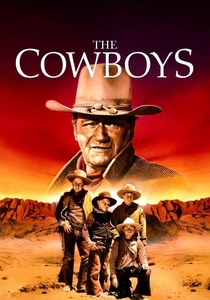
The Cowboys (1972)
Description: John Wayne's character, Wil Andersen, learns to understand and respect a group of young boys as they take on the responsibilities of men on a cattle drive.
Fact: This was one of the last films Wayne made, and it showcases a softer, more paternal side of his iconic persona.
 Watch Now
Watch Now

The Outlaw Josey Wales (1976)
Description: Clint Eastwood's character, Josey Wales, evolves from a vengeful Confederate to a man who finds common ground with both Union soldiers and Native Americans.
Fact: The film was directed by Eastwood himself, and it was one of the first Westerns to explore themes of reconciliation and understanding.
 Watch Now
Watch Now
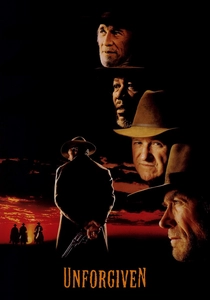
Unforgiven (1992)
Description: While primarily known for its gritty realism, the film also touches on themes of understanding and forgiveness as characters confront their pasts.
Fact: Clint Eastwood won his first Best Director Oscar for this film, and it's often cited as one of the greatest Westerns ever made.
 Watch Now
Watch Now
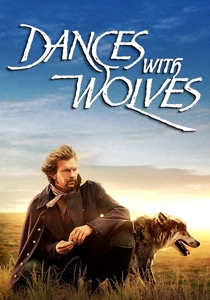
Dances with Wolves (1990)
Description: Kevin Costner stars as a Union Army lieutenant who forms a bond with the Lakota Sioux, learning their ways and language, thus bridging cultural divides.
Fact: The film was shot in South Dakota and Wyoming, with many scenes featuring real Native American actors. It won seven Academy Awards, including Best Picture.
 30 Days Free
30 Days Free
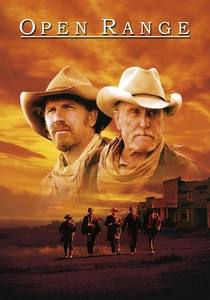
Open Range (2003)
Description: Kevin Costner again stars in this story of free grazers who clash with a ruthless land baron, ultimately finding common ground with the townsfolk.
Fact: The film was shot in Alberta, Canada, to replicate the look of the American West. It was also one of the last major Westerns to be released.
 30 Days Free
30 Days Free

